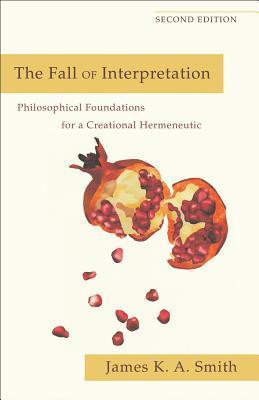What do you think?
Rate this book


248 pages, Paperback
First published May 1, 2000
The hermeneutical structure of creation is good; it produces goods: a plurality of interpretations and a diversity of readings. The sin of Babel was its quest for unity -- one interpretation, one reading, one people -- which was an abandonment of creational diversity and plurality in favor of exclusion and violence; and the "ravages of hatred have an ominous sameness." Plurality in interpretation is not the original sin; it is, on the contrary, the original goodness of creation: a creation where many flowers bloom and many voices are heard, where God is praised by a multitude from "every tribe and language and people and nation" (Rev. 5:9), singing songs in a diversity of tongues, even worshiping through a diversity of theologies.